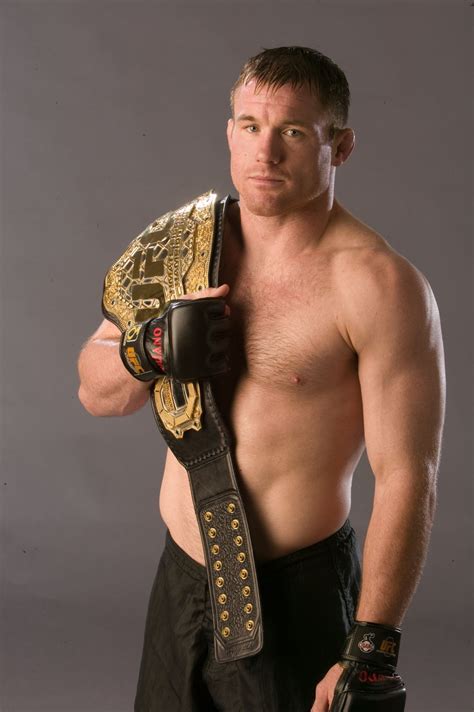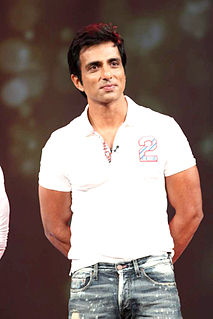A Quote by John Dufresne
The purpose of the first draft is not to get it right, but to get it written.
Related Quotes
Almost all good writing begins with terrible first efforts. You need to start somewhere. Start by getting something-anything-down on paper. A friend of mine says that the first draft is the down draft-you just get it down. The second draft is the up draft-you fix it up. You try to say what you have to say more accurately. And the third draft is the dental draft, where you check every tooth, to see if it's loose or cramped or decayed, or even, God help us, healthy.
With Ibrahim al-Koni, what I figured out was - and you'll see this in his novels - if your time is limited, make the unit of the chapters small so that you can finish one a day, at least in the first draft. Once you have the first draft it's living, and you can coax it to grow and trim it and reshape it and so on. But get that first draft. I think if I'd gone to an MFA program and learned that, it would have been money well spent. But translation has been that for me.
My instinct tells me "purpose" is maybe the enemy of a good personal essay. In my own experience, I'm always lost and wandering and searching - where am I? how'd I get in this mess? what's the point? - right through to the final draft, and sometimes even beyond that - baffled and defeated still, confused as to purpose long after the thing's in print. I never really have a guiding purpose or a point, not at the outset, anyway. It's like life: It's all discovered en route.
If somebody asked for the first draft of something I'd written, it'd probably be pretty close to whatever got published. I get enjoyment out of writing, but I get absolutely no enjoyment out of rewriting, so I don't do much of it. The more you work on something, certainly, the better it gets. But there's also a pretty clear law of diminishing returns.
































